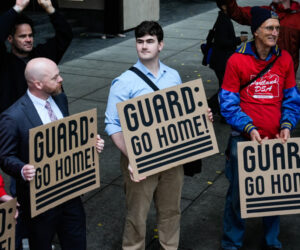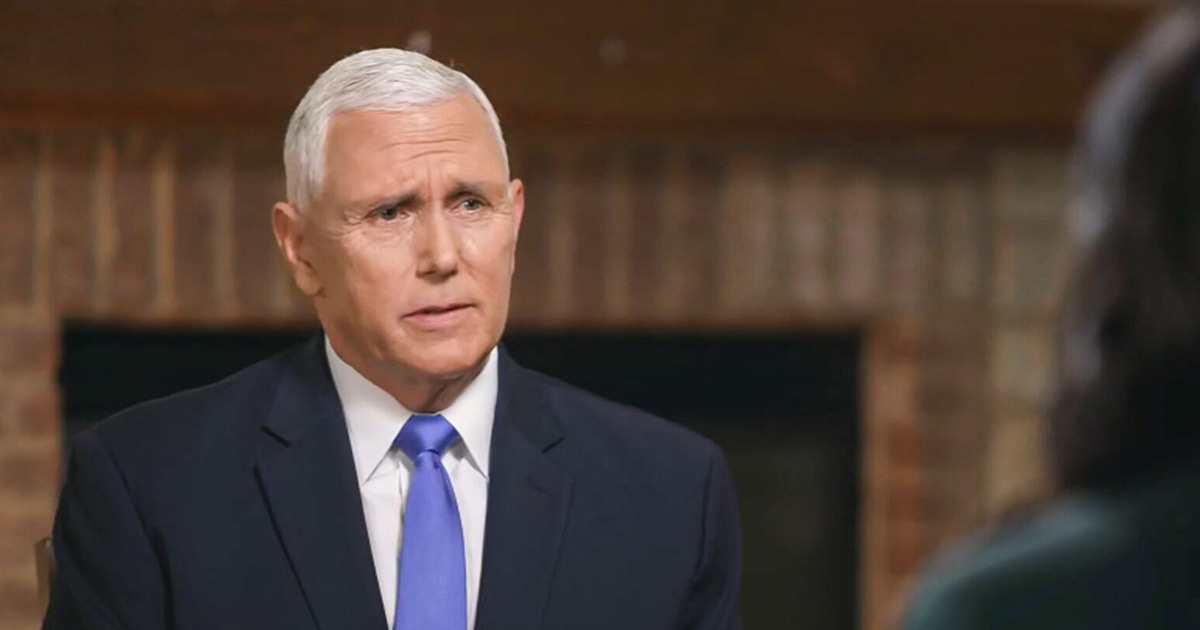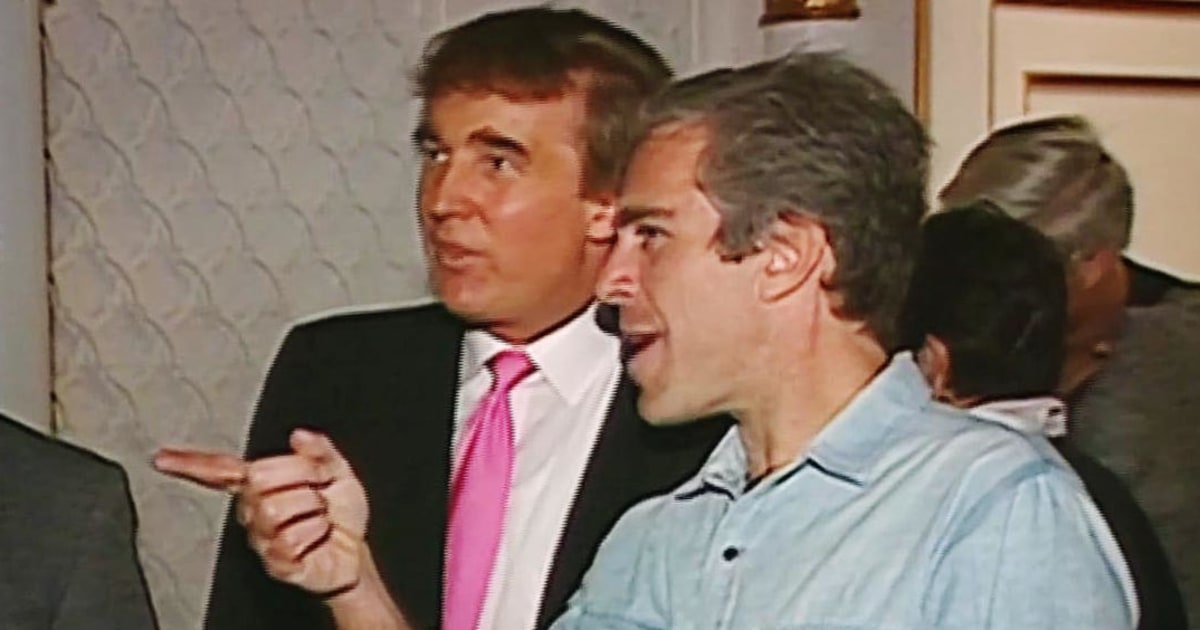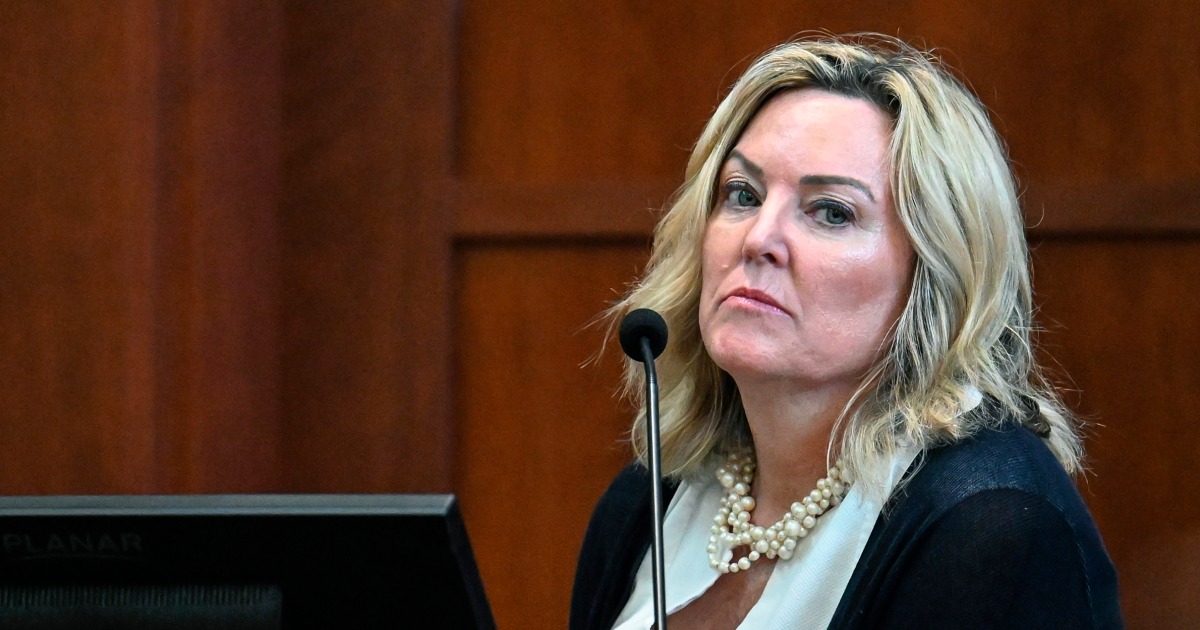The 17 members of the Centers for Disease Control and Prevention’s independent vaccine advisory committee are being removed from their posts, Health and Human Services Secretary Robert F. Kennedy Jr. said Monday afternoon.
Kennedy announced the change in an editorial in The Wall Street Journal, claiming that the “committee has been plagued with persistent conflicts of interest and has become little more than a rubber stamp for any vaccine.”
Such a claim is “deeply insulting to the many scientists who contribute countless hours to the process,” said Dr. Sean O’Leary, an infectious disease expert with the American Academy of Pediatrics. “We are, in fact, a model for the rest of the world.”
“This is manufactured chaos,” O’Leary said.
The Advisory Committee on Immunization Practices, known more commonly as ACIP, consists of medical and public health experts — including pediatricians, epidemiologists and geriatricians — who make recommendations to the CDC about who should get certain vaccines, including the schedule for childhood vaccinations. Several times a year the committee holds public meetings where data is presented and reviewed.
The committee reports the data to the CDC director, who then reviews the recommendations and can choose whether to adopt them. The CDC director isn’t required to do so but usually goes along with the ACIP recommendations.
Members of ACIP, who undergo an extensive vetting process before they are appointed, are required to disclose conflicts of interest and recuse themselves from voting on vaccines for which conflicts exist. The CDC released a database in March of some members’ previous work on clinical trials or vaccine research funded by drug companies, but much of the information was already public. Many public health experts argue that past associations with the pharmaceutical industry are relevant and valuable expertise for ACIP members, as long as conflicts are disclosed.
“To claim that you are doing this to restore faith in CDC is a special form of gaslighting,” said a CDC employee, referring to Kennedy’s comments. The employee did not want to speak on the record for fear of retribution.
Dismantling the committee is among Kennedy’s most aggressive actions so far to reshape U.S. vaccine policy. Kennedy, who rose to prominence as a high-profile figure in the anti-vaccine movement, has made a variety of specious and debunked claims about vaccine harms. Since he aligned himself with President Donald Trump and became head of the Department of Health and Human Services, Kennedy has overseen a series of steps that have undercut vaccine access, including the pullback of funds to distribute vaccines to children of lower-income families.
In an interview, Dr. Mandy Cohen, a former CDC director, said: “Secretary Kennedy’s unprecedented action spreads confusion and casts doubt on transparent public health processes that protect Americans. I’m deeply concerned for families trying to navigate how to keep their loved ones safe.”
Kennedy’s decision to fire ACIP members “should erase any remaining doubt that he intends to impose his personal anti-vaccine agenda on the American people,” Dr. Richard Besser, the former acting director of the CDC and current president of the nonprofit Robert Wood Johnson Foundation, said in a statement. He added that Monday’s action will “make it far more difficult for pediatricians and other providers to care for their patients,” since they rely on ACIP’s guidance to make their own vaccine recommendations.
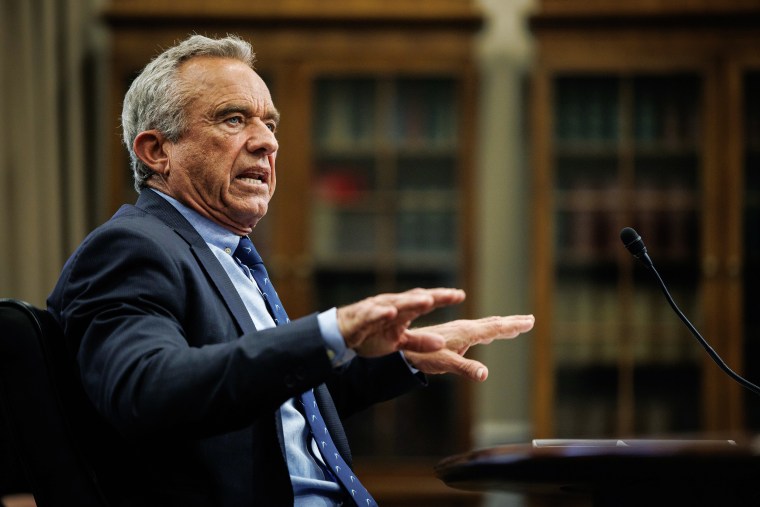
In his editorial, Kennedy called for a “clean sweep” of ACIP but did not say whom he planned to appoint to the vacant positions or provide a timeline for filling the roles. HHS said in a news release that ACIP will convene its next meeting from June 25 to June 27.
“What I think Kennedy is doing here is attempting to replace career civil servants with scientific expertise with those who may be more amenable to his and the Trump administration’s agenda,” said Matt Motta, an assistant professor of health law and policy at Boston University’s School of Public Health.
Motta said firing ACIP members is “an unequivocally clear attempt to break the promise” that Kennedy made during his confirmation hearings to not limit vaccine access. Sen. Bill Cassidy, R-La., said in February that Kennedy had promised to maintain ACIP “without changes.” Cassidy said Monday on X that he will continue to talk with Kennedy to ensure ACIP is not “filled up with people who know nothing about vaccines except suspicion.”
The U.S. is experiencing a rise in vaccine-preventable outbreaks, including measles and whooping cough. Since last fall, 241 mostly unvaccinated children have died of flu-related illnesses, the most for a non-pandemic season since 2004.
Members of ACIP are appointed to four-year terms, and many were scheduled to serve on the committee for three more years. Kennedy wrote Monday that “without removing the current members, the current Trump administration would not have been able to appoint a majority of new members until 2028.”
The move further degrades the federal government as a trusted source on vaccines and could force consumers, doctors and insurers to look elsewhere for expert guidance on vaccines, according to one ACIP member.
“The clear implication is that CDC will no longer be credible in the space of vaccination,” said the ACIP member, who spoke on the condition of anonymity because their employer does not allow them to speak to the media. “Insurers and other funding agencies will have to turn to the professional associations for recommendations about vaccines.”




